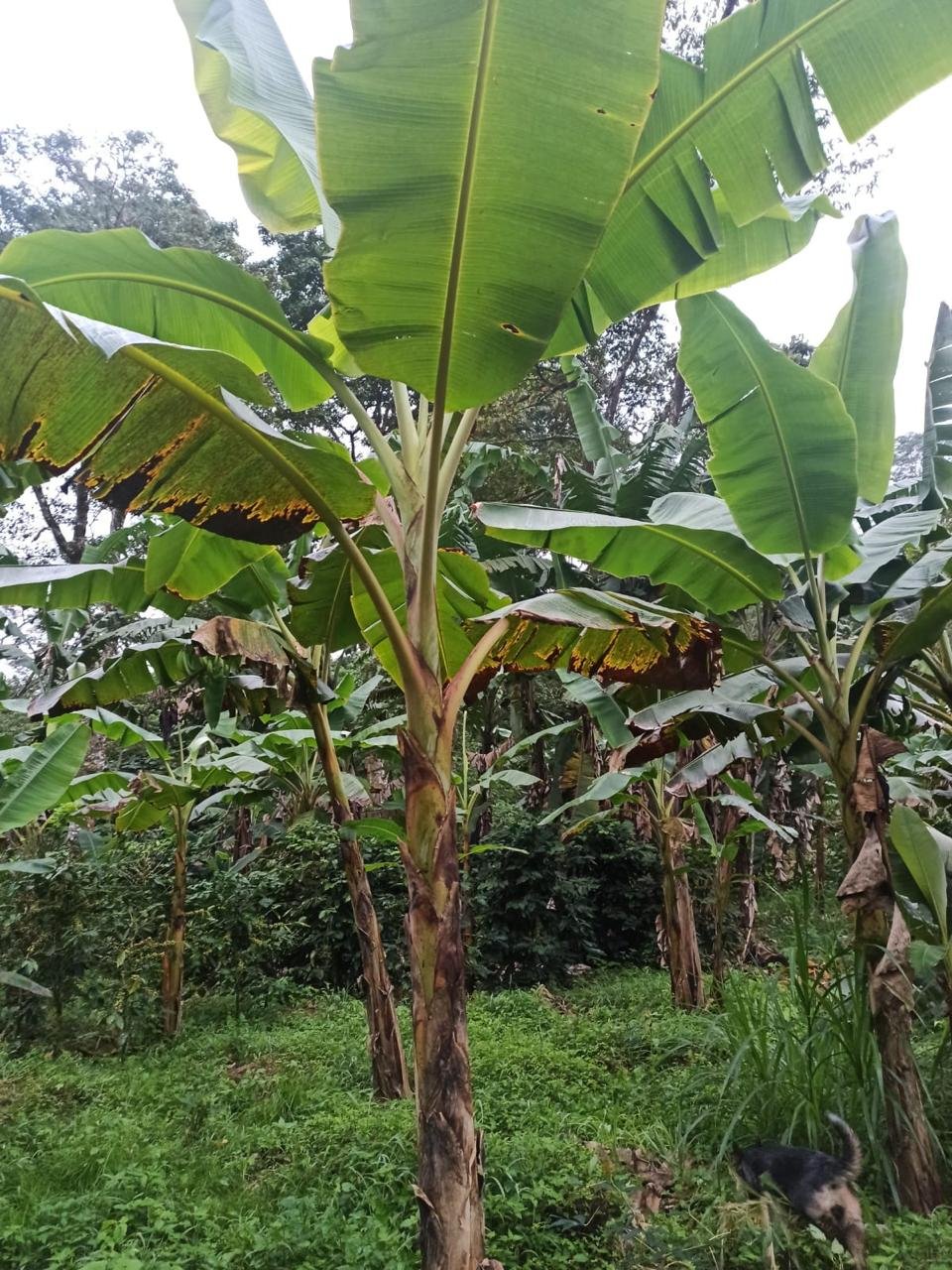LA
soledad
SINGLE FARM
〰️
SINGLE FARM 〰️
Producer Daisy Zamora
Farm La Soledad
Region Dipilto, Nueva Segovia
Altitude 1200 – 1300 masl
Process Nature MC
Species Arabica
Variety Catimor
Harvest Décembre - Janvier
LA SOLEAD
La Soledad – meaning "solitude" in Spanish – is a small farm of around 10 hectares, located near the town of Dipilto in the Nueva Segovia region of Nicaragua. It sits on prime coffee-growing land along the mountain range that links Dipilto and El Zapote.
Daisy Zamora inherited La Soledad from her father-in-law. As daughter and granddaughter of coffee producers, she now works alongside her son Rodrigo to shape the future of the farm. Rodrigo is becoming increasingly involved in day-to-day operations and decision-making, gradually taking over the reins. Ensuring generational succession is essential for the survival of small and medium-scale farming in Nicaragua’s coffee sector. Making the industry both viable and appealing is key to achieving this.
Before partnering with Bridazul, the Zamora family had no access to the specialty coffee market, and Rodrigo hadn’t planned to work on the farm. Previously, they had replaced the original Catuai plants, which made up 100% of the farm, with Catimor for its resistance traits. The creation of Bridazul marked a turning point. Daisy had known Claudia since she was a child, and when Claudia founded Bridazul, Daisy approached her for support. Claudia, who oversees quality and processing at Bridazul, recounts:
“We received her coffee – a Catimor grown at 1,100 metres... challenging!”
He realised it wouldn’t be straightforward, and decided to process it using carbonic maceration. The initial results were surprising: in 2022, Daisy’s lot went on to win 6th place in the Cup of Excellence.
Claudia explains that La Soledad benefits from an exceptional terroir. The soil is particularly rich and of outstanding quality. As a result, Daisy does not fertilise her coffee trees. In fact, she doesn’t do anything especially out of the ordinary – yet the coffees consistently stand out. It all starts with good soil. Indeed, this same region is home to several other award-winning farms recognised on the international stage.
Le Process
Carbonic maceration was chosen and tailored specifically for this lot to counter the characteristic astringency often found in mid-altitude Catimor coffees.
Daisy Zamora does not process her coffees herself. Instead, the cherries are delivered to Bridazul’s drying station, where they undergo carbonic maceration.
Borrowed from the world of winemaking, carbonic maceration allows coffee to develop more pronounced fruity notes, as well as greater body, complexity, and richness in the cup.
Initially, the cherries ferment in sealed tanks placed in a temperature-controlled room. The aim is to keep temperatures cool to prevent the growth of unwanted bacteria that could lead to undesirable alcoholic fermentation.
As fermentation begins, CO₂ is naturally produced, gradually displacing the oxygen in the tank. This creates an anaerobic environment, which triggers fermentation from the inside out—unlike more conventional fermentations that occur from the outside in, where yeasts or other external agents (such as added fruit) are introduced.
This stage lasts several days, continuing until the cherries develop a thick, gelatinous texture.
Once removed from the tanks, the cherries are first laid out on raised beds inside cold rooms, which helps to halt any further fermentation. When their moisture content has dropped sufficiently, they are moved outdoors—still on raised African beds—to complete the drying process..
bridazul Project
Bridazul is a holistic project that began in 2019. Created by Claudia Lovo, it was designed to support a group of producers in the Nueva Segovia region.
Claudia is Nicaraguan and the owner of El Árbol. Drawing on her experience, she founded Bridazul to share knowledge and provide local producers with access to the infrastructure needed for coffee fermentation.
Bridazul is also a space for open discussion about the future of coffee growing in Nicaragua. The country is among the most affected by climate change, and coffee is one of the crops suffering most severely.
A secondary aim of the project is to encourage producers to transition towards growing less coffee – by introducing intercropping and creating microclimates on each farm.
Bridazul currently works with around fifty producers, all of whom manage small to medium-sized farms (averaging under 10 hectares).
CUP PROFILE (PSS)
Aroma: brioche, Gala apple, yellow fruits
Flavour: yellow fruits, apricot, honey, peanut butter, rapadura sugar



